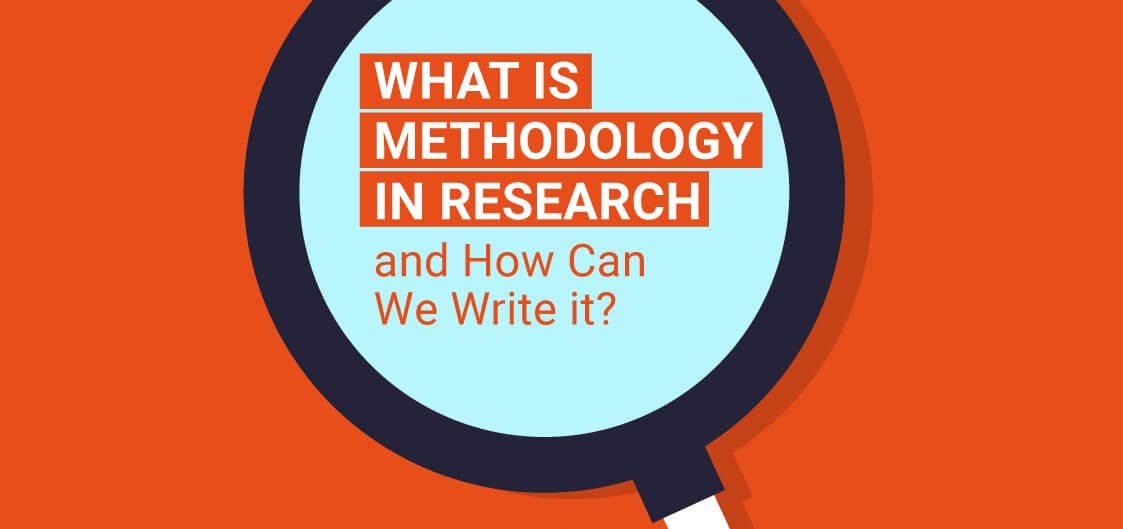Pursuing knowledge and understanding is based on research and academic writing. The methodology you choose is essential to guaranteeing the rigor and validity of your work, whether you are conducting an experiment, analyzing data, or researching a complex issue. This blog post will examine the methodology concept, discuss its significance and crucial elements, and outline how to write an effective methodology section.
What is Methodology?
The term “methodology” describes the methodical and organized process used to collect, examine, and evaluate data for academic writing and research. It acts as the cornerstone on which the validity and dependability of your study are based. In addition to giving you a clear direction for your research, a well-designed methodology allows other researchers to duplicate your study and confirm your findings. It outlines the methods, apparatus, and processes you’ll employ to tackle your research’s “how” and test or respond to your research’s hypotheses.
Significance of Methodology:
A robust methodology is crucial for several reasons:
1. Credibility:
A well-defined methodology bolsters the credibility of your research by guaranteeing that your methods are solid and transparent.
2. Replicability:
Using the information provided in your methodology section, other researchers should be able to replicate your study and verify your findings.
3. Validity:
A solid methodology guarantees that the data you acquire is relevant and accurate, allowing you to draw sound conclusions.
4. Ethical Considerations:
The ethical issues surrounding data collection, participant consent, and confidentiality must also be considered while developing a methodology.
Key Components of a Methodology Section:
A methodology section typically includes the following key components:
1. Research Design:
Describe your study’s overall design, including its methodological mix (experimental, observational, qualitative, quantitative, etc.).
2. Sampling:
Describe how you will choose research participants or data points and provide justification for why this sampling technique is suitable.
3. Data Collection:
Describe the procedures, equipment, and instruments you plan to employ to gather data. If appropriate, describe how you’ll ensure the quality and reliability of the data.
4. Data Analysis:
Describe the techniques you’ll employ for data analysis. This may use statistical methods or theme analysis, depending on the type of study you are undertaking.
5. Ethical Considerations:
Address any moral issues, such as those involving participant anonymity, informed consent, and privacy protections.
6. Validity and Reliability:
Describe how you’ll ensure your data collection techniques are reliable and your outcomes are valid.
How to Write an Effective Methodology?
Writing a strong methodology section involves careful planning and attention to detail. Here’s a step-by-step guide:
1. Begin with an Overview:
Briefly describe the general technique and its application to your research before beginning the methodology section.
2. Explain Research Design:
Explain your study design in detail and provide evidence that it is appropriate for your goals.
3. Sampling and Participants:
Please describe your method of sampling as well as the characteristics of the people who participated in the study or the data points. Explain your decisions.
4. Data Collection Methods:
Provide a comprehensive description of the methodologies, instruments, and techniques employed for data collection. Elucidate the extent to which they are aligned with your research objectives.
5. Data Analysis Procedures:
Present a comprehensive framework detailing the methodologies employed to analyze the data gathered. It is important to specify the software’s name and version when utilizing the software.
6. Ethical Considerations:
Discuss the steps you’re taking to address ethical problems, such as getting participants’ informed consent, maintaining participant anonymity, and ensuring their well-being.
7. Validity and Reliability Measures:
Explain the measures you are taking to guarantee the accuracy and dependability of your data and outcomes.
8. Anticipate Limitations:
It is important to acknowledge and address the potential limitations of the chosen approach, as these limitations may impact the outcomes and findings of the study.
9. Review and Revise:
Once the completion of the methodology part has been achieved, it is imperative to conduct a thorough evaluation of its content. Ensure that the text is understandable, concise, and structured coherently.
10. Seek Feedback:
Obtaining Feedback on the technique section can be achieved by sharing it with others, like peers, mentors, or colleagues, who can provide Feedback and ideas for potential modifications. If you’re looking for an outside perspective, consider using Essay Writing Service UK to help enhance your document at affordable rates.
Conclusion:
In conclusion, the methodology section is the backbone of your research, providing the blueprint for how you will gather and analyze data. By understanding the components, types, and steps involved in crafting an effective methodology, you can enhance the credibility and impact of your research endeavors. Remember that a well-written methodology validates your findings and contributes to your field’s broader body of knowledge.
